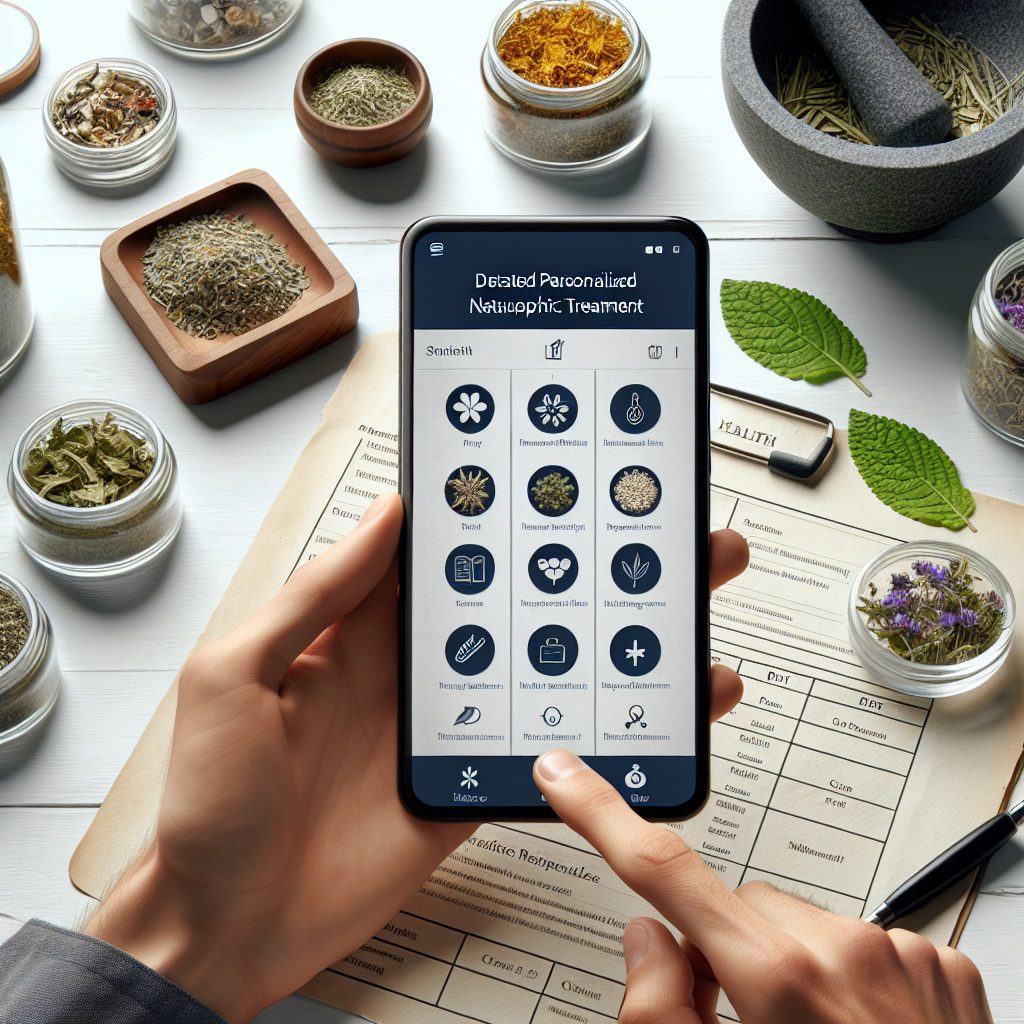Have you ever found yourself standing in the tea aisle, overwhelmed by the countless herbal options, wondering which might actually taste good while doing your body some good? If you’re nodding your head, you’re not alone. The world of Traditional Chinese Medicine (TCM) herbal teas offers a delightful journey that many beginners miss out on simply because they don’t know where to start.
These ancient brews aren’t just about health—they’re about discovering new flavors that can transform your daily ritual into something special. Think of it as nature’s flavor laboratory, where earthy, sweet, floral, and spicy notes come together in harmony while supporting your body’s natural balance.
“Listening to your body’s voice becomes easier when you make these gentle yet powerful teas part of your daily mindfulness practice,” as we often say at HerbalsZen. The beauty of Chinese herbal teas lies in their accessibility—you don’t need to be a health guru to enjoy them, just a curious palate and an openness to trying something new.
Let’s explore some surprisingly delicious herbal teas that even complete beginners find irresistible, making the path to wellness as enjoyable as it is beneficial.
7 Chinese Herbal Teas That Will Delight Your Taste Buds and Nourish Your Body
1. Ginseng Tea: The Energy Booster with Earthy Depth
If you’ve never experienced ginseng tea, you’re in for a pleasant surprise. This renowned herb offers a uniquely sweet yet earthy flavor profile that grows on you with each sip. The initial earthy taste gives way to subtle sweetness that lingers pleasantly on the palate.
Beyond its interesting flavor, ginseng tea is celebrated in TCM for its remarkable energy-boosting properties. Rather than the jittery lift of caffeine, ginseng provides sustained vitality that supports your body’s natural energy systems. It’s perfect for those mid-afternoon slumps when you need a gentle pick-me-up.
One tea enthusiast shared, “I was skeptical about the taste at first, but ginseng tea has become my go-to when I need focus without the coffee crash. The earthy flavor is actually comforting once you get used to it.”
2. Chrysanthemum Tea: Floral Delight for Stress Relief
For beginners seeking a gateway into the world of herbal teas, chrysanthemum tea offers perhaps the most accessible flavor profile. Its delicate, sweetly floral taste requires no acquired preference—it’s simply refreshing and pleasant from the first sip.
This golden brew isn’t just easy on the taste buds; it’s a powerhouse for liver detoxification and cooling “heat” in the body, according to TCM principles. In practical terms, this translates to reduced inflammation, clearer eyes, and a calmer mind.
Many find chrysanthemum tea particularly soothing after a stressful day or when experiencing eye strain from computer work. The gentle flavor makes it an excellent choice for herbal tea newcomers who might be wary of stronger, more medicinal tastes.
3. Goji Berry Tea: Sweet Ruby Goodness for Skin Health
If you have a sweet tooth but are trying to cut back on sugary drinks, goji berry tea might become your new best friend. These tiny red berries infuse water with a naturally sweet, slightly tangy flavor that most people find immediately appealing.
Known as “happy berries” in some regions of China, goji berries contribute to a balanced mood while delivering powerful antioxidants that support skin health. The resulting tea has a beautiful ruby color and a flavor somewhat reminiscent of a milder cranberry.
“I started drinking goji berry tea for the antioxidants, but I keep coming back for the flavor,” says one regular drinker. “It’s one of those rare healthy things that actually tastes good without adding anything to it.”
4. Pu-erh Tea: Rich Complexity for Digestive Harmony
While technically a true tea rather than an herbal infusion (as it comes from the Camellia sinensis plant), pu-erh deserves mention for its significant place in Chinese medicine and its remarkable digestive benefits.
Pu-erh offers a rich, earthy flavor with depth that coffee lovers often appreciate. Its unique fermentation process creates a smooth, never bitter taste that pairs wonderfully with meals. TCM practitioners have long recommended pu-erh tea after heavy or oily foods to aid digestion and help maintain healthy cholesterol levels.
Many beginners find that starting with a “shu” or ripe pu-erh provides a more accessible entry point than the “sheng” or raw varieties, which can be more complex and evolving in flavor. The deep, comforting taste makes this an excellent choice for those transitioning from coffee to tea.
5. Ginger Tea: Warming Spice for Inflammation Relief
Few herbal teas offer the immediate sensory experience of fresh ginger tea. The spicy warmth spreads from your mouth to your chest, creating a cozy feeling that’s particularly welcome during cold seasons or when you’re feeling under the weather.
Beyond its delightful heat, ginger tea is one of TCM’s go-to remedies for reducing inflammation, settling upset stomachs, and supporting healthy circulation. The zingy flavor wakes up your senses while the active compounds work to balance your body.
“Making ginger tea has become my morning ritual,” shares a convert. “It’s so simple—just sliced ginger and hot water—but it sets my day on the right track. The spicy kick is better than caffeine for waking me up.”
6. Jujube (Red Date) Tea: Natural Sweetness for Better Sleep
If you’ve never encountered jujube fruit, also known as Chinese red dates, you’re missing out on nature’s candy with benefits. These small fruits create a tea with a naturally sweet, date-like flavor that requires no additional sweetener.
Jujube tea is particularly noted in TCM for its ability to nourish blood, calm the mind, and promote better sleep. The natural sweetness makes it an ideal evening drink when you’re craving something comforting but want to avoid sugar before bed.
Many people find that jujube tea becomes even more delicious when combined with a bit of ginger or cinnamon, creating a dessert-like beverage that supports your health while satisfying sweet cravings.
7. Longan Berry Tea: Subtle Fruitiness for Mental Clarity
Rounding out our list is longan berry tea, perhaps less well-known in Western countries but deeply valued in TCM. These small, translucent fruits create a subtly sweet tea with a unique flavor that’s both refreshing and grounding.
Longan berries are traditionally used to boost memory, enhance mental clarity, and support heart health. The resulting tea has a mild, pleasant taste that’s particularly appealing to those who find some herbal teas too assertive or medicinal.
“I started drinking longan berry tea during exam periods in college,” recalls one fan. “Whether it was the ritual or the tea itself, it helped me focus without the anxiety that coffee gave me. Now I drink it whenever I need mental clarity.”
Finding Your Perfect Herbal Tea Match
Choosing the right herbal tea doesn’t have to be complicated. The key is aligning your health goals with flavors you genuinely enjoy. After all, the most beneficial tea is the one you’ll actually drink consistently.
Start by considering what your body needs most right now:
- Need energy and focus? Try ginseng or pu-erh tea
- Feeling stressed or overwhelmed? Chrysanthemum or chamomile might be your answer
- Digestive issues? Ginger or peppermint tea can offer relief
- Looking for better sleep? Jujube or sour date seed tea could help you find rest
- Wanting skin support? Goji berry or rose tea might be perfect
Remember that in TCM, we believe in listening to your body’s voice. Pay attention to how you feel after drinking different teas—your body often knows what it needs if you take time to listen.
Don’t be afraid to experiment with blends, either. Some of the most delicious and beneficial combinations come from mixing complementary herbs. A pinch of chrysanthemum in your goji berry tea or a slice of ginger in your jujube brew might create your perfect cup.
Quality Matters: Choosing the Best Herbal Teas
For the best flavor and maximum health benefits, quality is essential when selecting herbal teas. Here are a few tips for finding and preserving the finest options:
Look for whole, visible herbs rather than finely ground powder in tea bags, which often indicates better quality and fresher ingredients.
Choose organic whenever possible to avoid pesticide residues that can affect both flavor and health benefits.
Consider the source – reputable companies specializing in herbal teas often provide better quality than generic brands that offer herbal options as an afterthought.
Freshness counts – herbs and botanicals lose potency over time, so check packaging dates and buy from suppliers with good turnover.
Trust your senses – quality herbs should have vibrant color, distinct aroma, and deliver clear flavor, not just colored water.
At HerbalsZen, we believe that harmony between humans and nature is essential for true wellness. The herbs in your tea cup represent that connection—plants that have evolved alongside humans for thousands of years, offering their healing properties in forms our bodies recognize and welcome.
Join the Herbal Tea Journey
As you explore these delicious Chinese herbal teas, remember that you’re participating in a tradition thousands of years in the making. Each cup connects you to generations of wisdom while providing a moment of self-care in your busy day.
We’d love to hear which herbal teas become your favorites and how they support your wellness journey. Making self-care a daily habit is simpler when it involves something as enjoyable as a delicious cup of tea.
The next time you’re reaching for your usual beverage, consider trying one of these surprisingly delicious herbal teas instead. Your taste buds—and your body—will thank you for the flavorful path to balance you’ve discovered. After all, wellness doesn’t have to be complicated; sometimes, it’s as simple as what you choose to sip.




